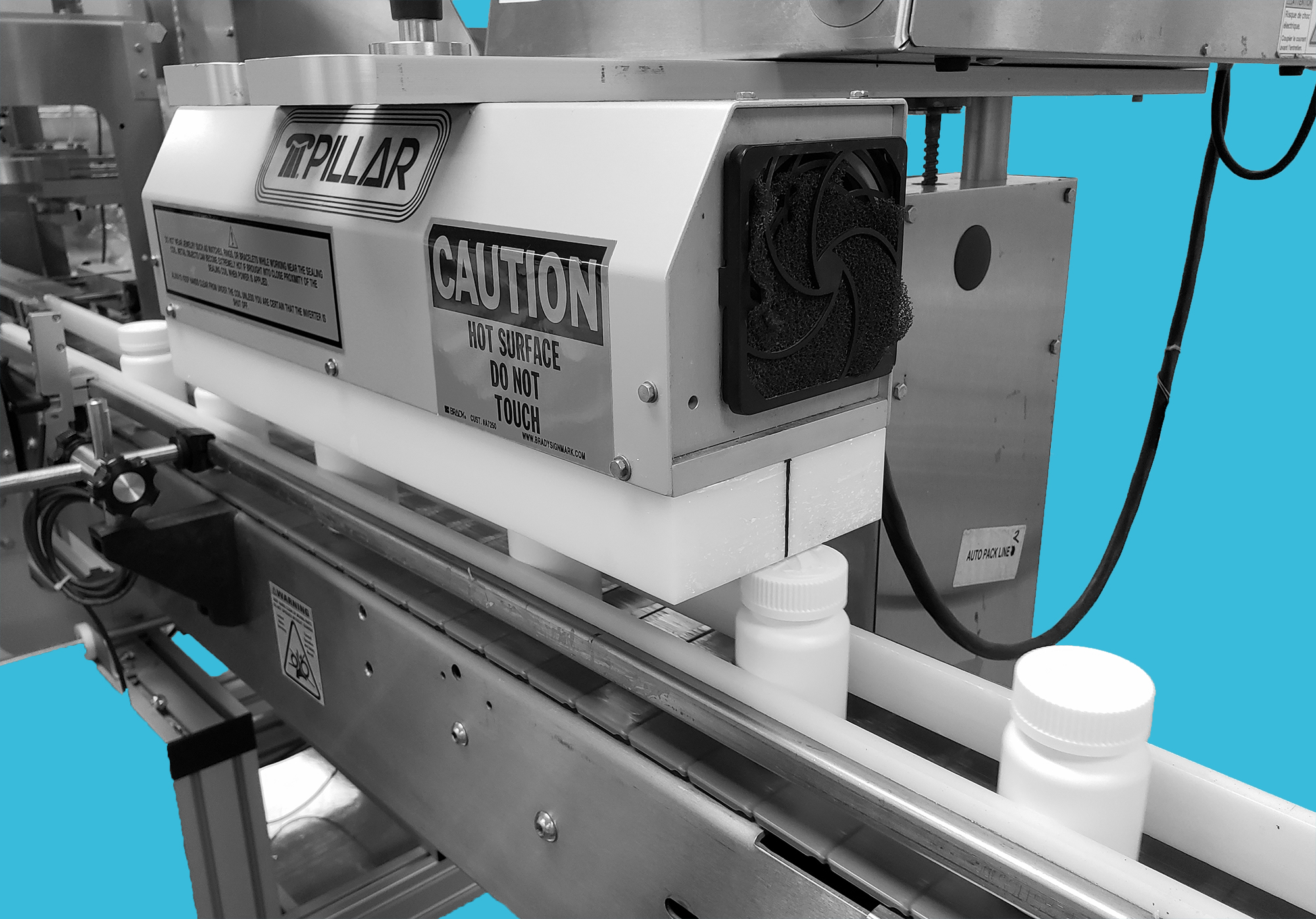Choosing the right contract manufacturer for your product can make all the difference between success and failure for your Natural Health Product.
There are the many overlapping steps with planning, scheduling and execution that needs to take place to ensure you introduce a high-quality product into the marketplace. A knowledgeable, trustworthy and quality-driven contract manufacturing partner on your side can confidently lead project management from initial idea to the finished product.
There are plenty of good reasons to consider delegating your manufacturing function regardless of whether you are an upstart launching a new brand, or an established enterprise and looking to expand in-house capabilities or SKUs. Resource management and cost savings are typically the main reason clients choose to outsource. By spending less time on manufacturing, operational and regulatory-related activities brand owners can dedicate more energy towards marketing, and research and development.
As well, with supply chains and products continuing to become increasingly complex along with greater regulatory oversight and rising costs, it bodes well to have a reliable co-manufacturing partner and benefit from their trusted network of local and global supplier relationships so to hold costs down and to lock in high-quality materials at competitive pricing.
1. Look beyond the Cost
Cost is critical factor, however, the lowest price does not always tell the whole story. Cost is not always synonymous with quality, and quality should be non-negotiable to ensure your nutraceuticals products are safe and effective. Customer service responsiveness and timeliness plays an important role.
2. Breadth of Service Offerings
Service offerings can vary among manufacturers, so it is important to consider your business goals when selecting one. A seasoned, well-established turnkey manufacturer that offers a platform-driven approach by bringing together Research & Development, Product Testing, Regulatory Licensing and Manufacturing is ideal for most circumstances. For example, as a contract manufacturer in Canada, Total Health Centre offers four activities under one roof recognizing the benefit it brings to quality control, reducing lead times and controlling costs.
3. Range of Capabilities
Quality-focused manufacturers often limit the menu of capabilities and work hard to do them well. Capabilities include product ranges such as vitamins, minerals, herbals and botanicals, and meal replacements; packaging formats such as bottles, pouches and blister packs; and, dosage forms like capsules, liquids and powders.
A “jack of all trades” is not necessarily a good thing when it comes to manufacturing partners. Facilities are expensive to operate in terms of equipment required and maintenance, personnel and expertise, raw materials purchasing and quality and regulatory management. Understanding your manufacturers core capabilities and what they are not prepared to do is key determinant toward choosing one.
4. Certifications
Good manufacturing Practices (GMP) are the minimum standard for contract manufacturers. Ensure that a quality management system with established Standard Operating Procedures (SOPs) are in place for monitoring manufacturing processes and facilities.
Does the facility have Health Canada and FDA registrations and records of inspections? Having certifications is one thing, living true to them is another through proper practices, detailed documentation and record keeping. Manufacturing facilities are routinely inspected by for compliance regulatory agencies.
You may want to include specific label claims depending on your target market such as organic, vegan/vegetarian, kosher, and halal. Contract manufacturer are required to have certifications to manufacture for those claims.
5. Research, Development and Formulation Capabilities
Research and development require a high level of expertise and having a well experienced team on your side can be a significant advantage. For example, at Total Health Centre, our R&D team consists natural product organic chemists, pharmacy professionals, manufacturing chemists, analytical chemists, microbiologists, botanists, biochemists and toxicologists. This level of depth can provide unbiased critical insights regarding ingredients, ingredient combinations, flavour development and/or claims on your product label.
A sound scientific formulation takes into consideration shelf life stability and packaging components. This includes Specifications Development through lab creation of samples and testing protocols for purity, strength and composition.
If you have a unique formulation, there should be high importance on protecting your intellectual property through non-disclosure agreements, and manufacturing and quality agreements.
6. Regulatory Licensing and Compliance
You want to make sure your supplements not only meet but exceed regulatory requirements. Commitment needs to be on quality, not just compliance, and should be the foundation on which you build your business. Cutting corners can only hurt your business such as leading to quality issues, regulatory headaches and unwanted expenses down the road.
A Natural Product Number (NPN) is required to sell Natural Health Products in Canada. An NPN generally takes two to nine months to receive and is determined by the product class taking into consideration the formulation, dosage, and a dual-language label. A Product License Application is made prior to receiving to receiving a final NPN for pre-market review for safety, efficacy, and quality.
7. Manufacturing Capabilities
An efficiently managed facility has the equipment, technology, established procedures and experienced qualified staff to be able to consistently meet precise specifications each time and on budget.
Capacity is important to meet production demands as sales grow. You can start with low Minimum Order Quantities whether you are starting a new company, looking to add to your line or to expand it while minimizing risk.
Reputable manufacturers will establish a Quality Agreement, so expectations are clear from both parties. The agreement provides an assurance to both the label owner and the contract manufacturer of quality and safety in the manufacturing steps through laying out the quality control processes and to meet GMP obligations.
8. Product testing
To ensure integrity of your finished products safety, efficacy and quality assurance, testing needs to take place often. Testing begins the moment your raw ingredient enters the manufacturing facility, during manufacturing and to when it leaves as finished product.
Reliable analytical methods help to verify the identity, purity, quality, and strength of your raw ingredients, finished products, and packaging material. Testing also ensures compliance with Health Canada, GMP and industry standards and to confirm marketing your claims at product release.
If you would like a quote or to learn more about how Total Health Centre can help, please contact us.







